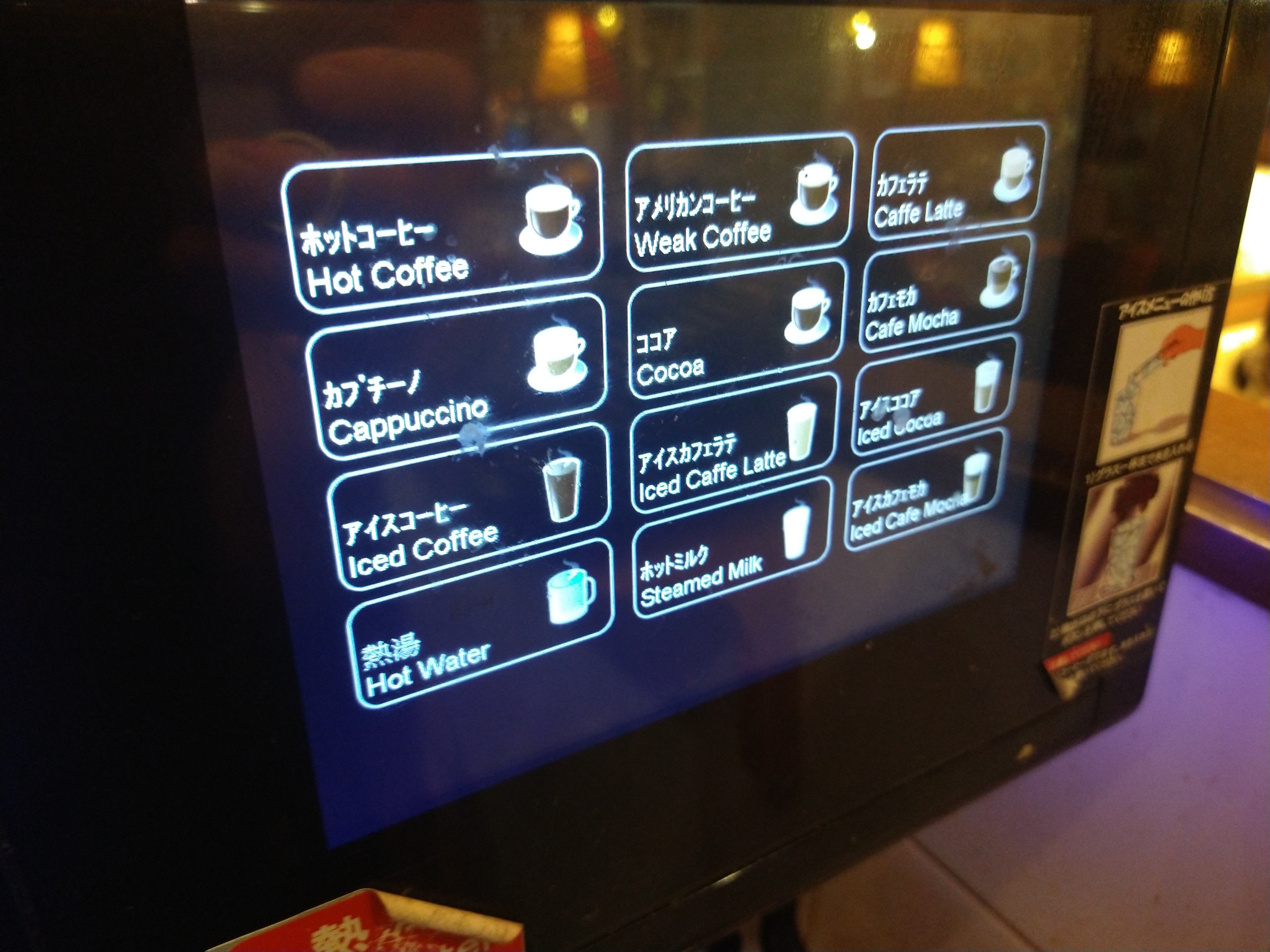Inspired by some concepts in programming recently I've come up with the idea that は marks an environment and が marks a variable inside an environment.
Environment and variable:
An example of environment:
猫は
┌───────────────────┐
│ E: cat │
│ │
│ │
│ │
│ │
│ │
│ │
└───────────────────┘
This is an environment with the name 猫.
Many things can exist inside this environemnt:
┌───────────────────┐
│ E: cat │
│ ----------------- │
│ behavior nyan │
│ │
│ cute liquid │
│ │
│ mouse ... │
└───────────────────┘
An example of variable:
猫が
v: cat
This is just a variable with the name 猫.
私は猫が
┌───────────────────┐
│ E: I │
│ │
│ │
│ │
│ │
│ │
│ v: cat │
└───────────────────┘
This is the depiction of an variable with the name 猫 inside an environemnt with the name 私.
Some sentences
Sentence 1: 猫が好きだ
This sentence can have any of following meanings according to context
a) Generally speaking, cats are liked [猫が好きだ]
b) As for me, cats are liked (-> I like cats) [私は猫が好きだ]
c) As for ? (someone or something according to context), cats are liked [◯は猫が好きだ]
a)
v: cat───────► liked
b)
┌───────────────────┐
│ E: I │
│ │
│ │
│ │
│ │
│ │
│ v: cat──┼────► liked
└───────────────────┘
c)
┌───────────────────┐
│ E: ? │
│ │
│ │
│ │
│ │
│ │
│ v: cat──┼────► liked
└───────────────────┘
Sentence 2: 猫は好きだ
This sentence can have any of following meanings according to context.
a) Generally speaking, as for cats, everything about cats is liked. [猫は好きだ]
b) Generally speaking, as for cats, ? about cats is liked. [猫は◯が好きだ]
c) As for me, as for cats, everything about cats is liked. (-> I like cats) [私は猫は好きだ]
d) As for me, as for cats, ? about cats is liked. [私は猫は◯が好きだ]
a)
┌───────────────────┐
│ E: cat │
│ │
│ │
│ │
│ │
│ │
│ ├───────► liked
└───────────────────┘
b)
┌───────────────────┐
│ E: cat │
│ │
│ │
│ │
│ │
│ │
│ v: ? ──┼───────► liked
└───────────────────┘
c)
┌───────────────────────────────┐
│ E: I │
│ │
│ │
│ ┌───────────────────┐ │
│ │ E: cat │ │
│ │ │ │
│ │ │ │
│ │ │ │
│ │ │ │
│ │ │ │
│ │ ├──┼────► liked
│ └───────────────────┘ │
└───────────────────────────────┘
d)
┌───────────────────────────────┐
│ E: I │
│ │
│ │
│ ┌───────────────────┐ │
│ │ E: cat │ │
│ │ │ │
│ │ │ │
│ │ │ │
│ │ │ │
│ │ │ │
│ │ v: ? ───┼──┼────► liked
│ └───────────────────┘ │
└───────────────────────────────┘
Sentence 3: 猫好きだ
I think here 猫 can be either an environment or an variable.
Environment & variable vs topic & subject:
I think this environment model explains things betther than the use of the terms "topic" and "subject", at least for me.
I took inspirations from following sources:
a) Lesson 3: WA-particle secrets schools don't ever teach. How WA can make or break your Japanese (by Cure Dolly)
https://www.youtube.com/watch?v=U9_T4eObNXg&list=PLg9uYxuZf8x_A-vcqqyOFZu06WlhnypWj&index=3
b) Environment model in "Structure and Interpretation of Computer Programs"
https://www.youtube.com/watch?v=dO1aqPBJCPg&t=2023s





